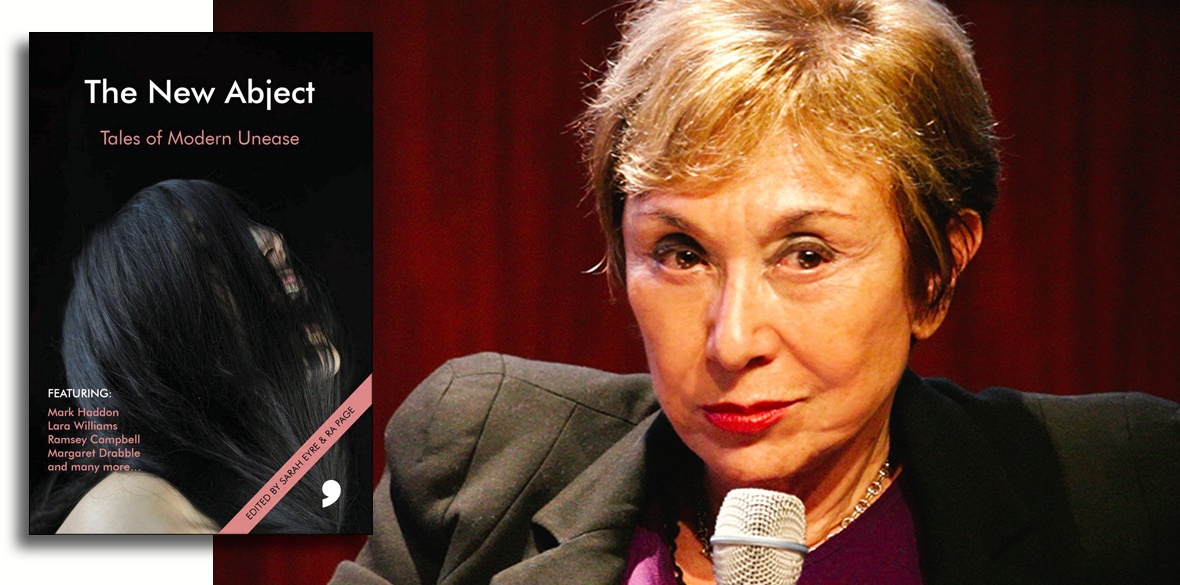This is the last article you can read this month
You can read more article this month
You can read more articles this month
Sorry your limit is up for this month
Reset on:
Please help support the Morning Star by subscribing here
ACCORDING to critic and psychoanalyst Julia Kristeva, abjection involves either a confrontation with our sense of physical being or a separation between the self and a rejected “other.” Objects of revulsion can be tangible, such as faeces and bodily fluids, but some forms of dread are abstract and ambiguous.
The New Abject collection of horror stories draws on the broad nature of Kristeva’s definition, which has inspired a loosely related set of tales that deal with the things that make us shudder and retch.
There are science-fictional dystopias, traditional hauntings, tales of body horror, social realism and surreal satire. And, as is customary for Comma Press, there is a blend of new talent and established storytellers.
Teeth and Hair, by Christine Poulson, deals with bereavement and emotional neglect with a smart reworking of the tropes of gothic horror, while Lucie McKnight Hardy’s Wretched is near-future sci-fi that takes the state’s mistreatment of impoverished people to its inevitable and distressing conclusion.
In Out of the Blue, David Constantine uses an unsettling news story as the basis for a subtle exploration of deception, betrayal and forbearance.
Initially, Mark Haddon’s O Death seems a straightforward narrative about a successful daughter’s uncomfortable reunion with her dysfunctional family; but her discovery of a disturbing and surreal secret highlights unexpected forms of self-deception.
It’s a Dinosauromorph, Dumdum, by Adam Marek, involves augmented-reality software, social disquiet and physical revulsion. Funny and tragic by turns, it examines the interaction of facade and authenticity.
Beehives are the central motif in Gerard Woodward’s The Honey Gatherers, a tale of commercial rivalry, moral breakdown and overwhelming guilt, and Ramsey Campbell’s robustly realistic Extending the Family is a nightmare of regret, displacement and confusion. Taxing material, adroitly handled.
The standout contribution is from Sarah Schofield, a storyteller meriting a wider readership and a single-author collection. Rejoice, her story of bereavement and anxiety, is set in an imminent future dominated by Covid and government neglect.
Its sense of unease is heightened by the bizarre device of a child’s obsession with Margaret Thatcher — to borrow a phrase from Joseph Conrad: “The horror, the horror.”
There are no disappointments among these 19 stories. Some, inconclusive by design, compensate for a lack of closure with arresting imagery and compelling atmosphere in what is a rewarding collection.
Editors Sarah Eyre and Ra Page have created an anthology which, like the celebrated stories of Thomas Ligotti, identifies the hidden horrors below the surface of modern life.
But it is one to be dipped into — the unrelenting grimness of the theme precludes it being read in a couple of sittings.
Published by Comma Press, £9.99.











